Explore Cocaine Addiction Treatments in Spain
"Spain offers a wide array of comprehensive treatments for cocaine addiction, ranging from medically supervised detoxification and various psychotherapies to holistic approaches and tailored aftercare plans."
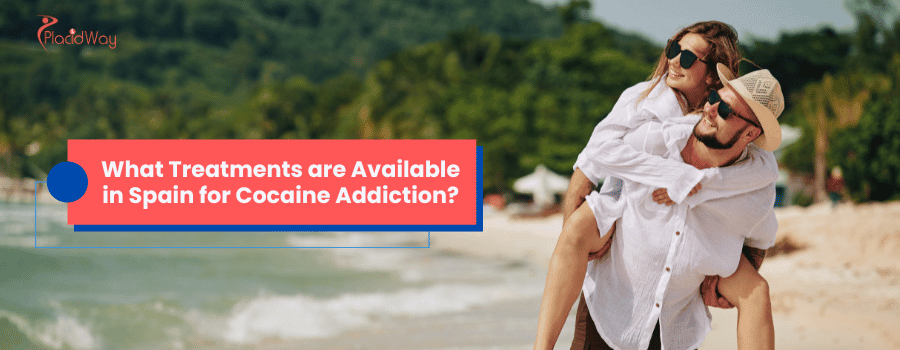
Cocaine addiction is a complex and challenging condition that requires professional intervention and support for successful recovery. Spain has emerged as a prominent destination for addiction treatment, offering a diverse range of programs and facilities designed to address the unique needs of individuals struggling with cocaine dependency. These treatments leverage evidence-based practices alongside complementary therapies, providing a holistic path to healing.
This guide will delve into the various treatments available in Spain, answering common questions to help you understand your options and make informed decisions on the journey to recovery. We'll explore the types of therapies, the treatment process, what to expect, and key considerations for seeking cocaine addiction treatment in Spain.
What types of therapies are used for cocaine addiction in Spain?
"A combination of evidence-based therapies like Cognitive Behavioral Therapy (CBT), Dialectical Behavior Therapy (DBT), and Motivational Interviewing, along with holistic approaches, are widely used for cocaine addiction treatment in Spain."
Cocaine addiction treatment in Spain typically incorporates a multi-faceted approach to therapy, recognizing that addiction impacts individuals on various levels. Cognitive Behavioral Therapy (CBT) is a cornerstone, helping individuals identify and change the negative thought patterns and behaviors that contribute to cocaine use. By learning to recognize triggers and develop healthy coping mechanisms, clients can better manage cravings and avoid relapse.
Dialectical Behavior Therapy (DBT) is another effective therapy often utilized, particularly for individuals with co-occurring mental health disorders, focusing on emotional regulation, distress tolerance, interpersonal effectiveness, and mindfulness. Motivational Interviewing (MI) is also frequently integrated, a client-centered approach that helps individuals explore and resolve their ambivalence about recovery, strengthening their motivation for change. Beyond these, group therapy provides a supportive environment for shared experiences and peer learning, while individual counseling offers personalized attention and deeper exploration of underlying issues.
What is medically supervised detoxification for cocaine addiction in Spain?
"Medically supervised detoxification for cocaine addiction in Spain involves a safe and controlled process where medical professionals manage withdrawal symptoms and ensure the client's physical stability."
Detoxification is often the crucial first step in cocaine addiction treatment. Unlike some other substances, cocaine withdrawal doesn't typically involve life-threatening physical symptoms. However, it can be intensely uncomfortable and psychologically challenging, characterized by severe cravings, fatigue, depression, anxiety, and intense mood swings. Therefore, medical supervision is highly recommended.
In Spain, detox facilities provide a safe and structured environment where healthcare professionals monitor vital signs, administer medications to alleviate discomfort and manage any acute psychological symptoms, and ensure proper nutrition and hydration. This medical oversight minimizes risks and provides a foundation for the subsequent therapeutic stages of recovery. The goal is to safely clear the body of cocaine and prepare the individual for intensive therapy.
How long does cocaine addiction treatment typically last in Spain?
"The duration of cocaine addiction treatment in Spain varies, but residential programs typically last from 28 days to 90 days or longer, depending on individual needs and the severity of the addiction."
The length of cocaine addiction treatment is highly individualized. While many residential programs offer 28-day or 30-day options, these are often considered initial stabilization periods. For many, a longer stay of 60 or 90 days, or even extended care, provides a more robust foundation for long-term recovery. Factors influencing the duration include:
- The severity and duration of the cocaine addiction.
- The presence of co-occurring mental health disorders (dual diagnosis).
- The individual's physical and mental health.
- Their response to treatment and progress in therapy.
- The level of support available post-treatment.
Longer programs allow for deeper therapeutic work, the development of stronger coping skills, and a more thorough preparation for reintegration into daily life, significantly reducing the risk of relapse.
What is the cost of cocaine addiction treatment in Spain?
"The cost of cocaine addiction treatment in Spain can range significantly, with private residential programs starting from around €3,500 per week, and potentially reaching €15,000 to over €35,000 per month for luxury facilities."
The cost of cocaine addiction treatment in Spain is influenced by several factors, including the type of facility, the level of luxury, the duration of the program, and the specific therapies and services included.
- Standard Residential Programs: These can start around €3,500 to €5,000 per week, or approximately €15,000 to €20,000 for a 28-day program. These facilities offer comprehensive care, including detox, therapy, and basic amenities.
- Luxury Residential Programs: High-end or luxury rehabs, often featuring private rooms, gourmet meals, spa services, and a wider array of holistic therapies (e.g., equine therapy, yoga, mindfulness, personal trainers), can cost significantly more, ranging from €6,500 to €35,000 per week or even higher for exclusive, one-on-one programs.
- Outpatient Programs: These are generally more affordable, with costs varying depending on the number and type of sessions.
- Government-funded options: While Spain has a public healthcare system, specialized addiction treatment services, especially for immediate or intensive care, often have waiting lists or limited availability for international clients. Private options are usually preferred by those seeking quicker access and more tailored programs.
It's advisable to inquire directly with centers for detailed pricing and what is included in their packages. Some facilities may offer payment plans.
Are there luxury rehab options for cocaine addiction in Spain?
"Yes, Spain offers numerous luxury rehab options for cocaine addiction, providing exclusive and private settings with high-end amenities and personalized, comprehensive treatment plans."
Spain, with its beautiful landscapes and Mediterranean climate, is a popular choice for luxury cocaine addiction treatment. These high-end facilities cater to individuals seeking utmost privacy, comfort, and a wide range of specialized services. Features of luxury rehabs often include:
- Private Accommodation: Spacious rooms, often with en-suite bathrooms and stunning views.
- Gourmet Cuisine: Healthy, chef-prepared meals tailored to dietary needs.
- Holistic Therapies: Beyond traditional therapy, these may include yoga, meditation, art therapy, music therapy, equine therapy, fitness training, and wellness coaching.
- Enhanced Medical Care: More intensive medical and psychiatric support, often with a higher staff-to-client ratio.
- Discreet and Confidential Environment: Emphasizing privacy and exclusivity for high-profile individuals or those seeking a highly discreet recovery journey.
- Personalized Treatment: Highly tailored programs designed around the individual's specific needs and preferences.
These luxury centers often provide a serene and therapeutic environment away from daily stressors, which can be highly conducive to healing and recovery from cocaine addiction.
Can cocaine addiction treatment in Spain address co-occurring mental health disorders (dual diagnosis)?
"Absolutely, many cocaine addiction treatment centers in Spain specialize in dual diagnosis, providing integrated care for both substance use disorders and co-occurring mental health conditions."
It's common for individuals with cocaine addiction to also struggle with underlying or co-occurring mental health disorders such as depression, anxiety, PTSD, or bipolar disorder. This is known as a dual diagnosis. Effective treatment recognizes that these conditions are often intertwined and must be addressed simultaneously for lasting recovery.
In Spain, many reputable rehab centers employ multidisciplinary teams, including psychiatrists, psychologists, and therapists, who are experienced in treating both addiction and mental health issues. Treatment plans are integrated, meaning that therapies for addiction (like CBT for cocaine use) are combined with therapies for mental health (e.g., medication management, trauma therapy). This holistic approach ensures that all aspects of an individual's well-being are addressed, preventing one condition from exacerbating the other and significantly improving the chances of long-term sobriety and mental health stability.
What is the role of family therapy in cocaine addiction treatment in Spain?
"Family therapy plays a crucial role in cocaine addiction treatment in Spain, helping to repair relationships, improve communication, and educate family members on how to support their loved one's recovery."
Cocaine addiction doesn't just affect the individual; it impacts the entire family system. Family therapy sessions, often incorporated into treatment programs in Spain, are designed to address the dynamics that may have contributed to or been affected by the addiction.
- Improved Communication: Family therapy helps family members learn healthier ways to communicate, express their feelings, and resolve conflicts.
- Education and Understanding: It educates families about the nature of addiction, dispelling myths and fostering empathy and understanding.
- Setting Boundaries: Family members learn to establish healthy boundaries, which are essential for preventing enabling behaviors and promoting accountability.
- Healing Trauma: The therapy can help heal any trauma or resentment caused by the addiction within the family unit.
- Relapse Prevention: By involving the family, a strong support system is built, which is vital for relapse prevention after the individual leaves the treatment center.
This collaborative approach helps create a supportive home environment conducive to sustained recovery from cocaine addiction.
What kind of aftercare and relapse prevention are offered for cocaine addiction in Spain?
"Aftercare and relapse prevention are integral components of cocaine addiction treatment in Spain, typically including continued therapy, support groups, sober living arrangements, and personalized relapse prevention plans."
Recovery from cocaine addiction is a lifelong journey, and effective aftercare is paramount to preventing relapse. Treatment centers in Spain place a strong emphasis on preparing clients for life after residential treatment. Aftercare plans are highly individualized and may include:
- Ongoing Therapy: Continued individual or group therapy sessions, either in person or remotely, to reinforce coping skills and address new challenges.
- Support Groups: Encouragement to participate in 12-step programs (like Cocaine Anonymous) or other peer support groups that provide ongoing camaraderie and accountability.
- Sober Living Environments: For some, transitioning to a sober living home offers a structured, supportive environment that bridges the gap between inpatient treatment and full independence.
- Relapse Prevention Planning: Developing a personalized plan that identifies potential triggers, outlines specific coping strategies, and includes a support network to contact in times of crisis.
- Alumni Programs: Many treatment centers offer alumni programs that provide continued connection, support, and resources to former clients.
These aftercare components are crucial for maintaining sobriety and building a fulfilling life free from cocaine addiction.
Are the staff in Spanish rehabs qualified to treat cocaine addiction?
"Yes, reputable cocaine addiction treatment centers in Spain employ highly qualified and experienced staff, including medical doctors, psychiatrists, psychologists, and addiction therapists."
When considering cocaine addiction treatment in Spain, it's essential to choose a center with a well-credentialed team. Reputable facilities pride themselves on their expert staff, who often possess international certifications and extensive experience in addiction medicine and mental health.
- Medical Doctors and Psychiatrists: Oversee the detoxification process, manage any co-occurring medical conditions, and prescribe necessary medications.
- Psychologists and Therapists: Deliver evidence-based therapies such as CBT, DBT, and trauma-informed therapy, conducting individual and group sessions.
- Addiction Counselors: Provide guidance, support, and facilitate recovery-focused activities.
- Holistic Practitioners: For centers offering holistic therapies, specialists in areas like yoga, meditation, art therapy, and nutrition provide complementary support.
Many centers also boast multilingual staff, making communication seamless for international clients seeking cocaine addiction treatment in Spain.
What are the admission criteria for cocaine addiction treatment in Spain?
"Admission criteria for cocaine addiction treatment in Spain typically involve a thorough assessment of the individual's addiction history, physical and mental health, and their willingness to engage in treatment."
Before admission to a cocaine addiction treatment center in Spain, a comprehensive assessment is conducted to determine the most appropriate level of care and tailor a suitable treatment plan. This assessment usually involves:
- Medical Evaluation: A physical examination and review of medical history to identify any health issues that need to be addressed during detox and treatment.
- Psychological Assessment: Evaluation of mental health, including any co-occurring disorders, trauma history, and cognitive functioning.
- Addiction History: Detailed information about the duration, intensity, and patterns of cocaine use, as well as previous treatment attempts.
- Motivation for Treatment: While not always a rigid requirement, a genuine willingness to engage in the recovery process is highly beneficial.
- Financial Considerations: Confirmation of financial arrangements for treatment.
Most centers aim to provide accessible care, and their admissions teams work closely with prospective clients and their families to guide them through the process.
Is residential treatment necessary for cocaine addiction, or are outpatient options available in Spain?
"While residential treatment is often recommended for cocaine addiction due to its intensity, Spain also offers various outpatient programs for individuals who may not require 24/7 supervision or have strong support systems at home."
The choice between residential (inpatient) and outpatient cocaine addiction treatment depends on the severity of the addiction, the presence of co-occurring disorders, and the individual's living situation and support network.
- Residential Treatment: Provides a highly structured and immersive environment, removing individuals from triggers and distractions. It offers 24/7 medical supervision (especially during detox), intensive therapy, and a peer-supported community. This is often the preferred option for severe addictions, those with unstable home environments, or individuals with dual diagnoses.
- Outpatient Treatment: Allows individuals to live at home while attending therapy sessions and appointments at a clinic. This option offers more flexibility and is suitable for individuals with less severe addictions, those who have completed inpatient treatment and require ongoing support, or those with significant work or family commitments. Outpatient programs can range from intensive outpatient programs (IOPs), which involve several hours of therapy multiple days a week, to less frequent individual counseling.
Many centers in Spain offer a continuum of care, allowing individuals to transition from inpatient to outpatient services as their recovery progresses.
What holistic therapies are incorporated into cocaine addiction treatment in Spain?
"Many cocaine addiction treatment centers in Spain integrate holistic therapies such as yoga, meditation, mindfulness, art therapy, music therapy, and equine therapy to complement traditional treatments and promote overall well-being."
Beyond conventional talk therapy, a growing number of cocaine addiction treatment programs in Spain embrace holistic approaches. These therapies address the mind, body, and spirit, recognizing that true recovery involves more than just abstinence.
- Yoga and Meditation: Help to reduce stress, improve self-awareness, and develop mindfulness, which can be crucial for managing cravings and emotional regulation.
- Art and Music Therapy: Provide creative outlets for emotional expression and processing trauma in a non-verbal way.
- Equine Therapy: Involves interacting with horses, fostering self-esteem, trust, responsibility, and emotional insight.
- Nutritional Guidance: Focuses on restoring physical health through balanced diets, addressing deficiencies often associated with substance abuse.
- Fitness and Outdoor Activities: Promote physical health, stress reduction, and a sense of accomplishment, often utilizing Spain's beautiful natural environments.
- Sound Therapy and Energy Healing: Some centers offer these complementary therapies to promote relaxation and internal balance.
These holistic therapies enhance the therapeutic process, helping individuals develop new coping mechanisms and find healthier ways to manage stress and emotions, contributing to long-term recovery from cocaine addiction.
How do Spanish rehabs ensure confidentiality for cocaine addiction treatment?
"Reputable cocaine addiction treatment centers in Spain adhere to strict privacy policies and confidentiality protocols, ensuring that client information and treatment details are kept secure and discreet."
Confidentiality is a cornerstone of effective addiction treatment, especially for individuals seeking private care for cocaine addiction. Spanish rehabs understand the importance of discretion and implement measures to protect client privacy.
- Professional Ethics: All staff members are bound by ethical codes of conduct that mandate client confidentiality.
- Secure Facilities: Many private and luxury rehabs are located in secluded areas, offering a private and protected environment away from public scrutiny.
- Discreet Operations: Admissions processes and daily operations are often designed to be as discreet as possible.
- Data Protection: Adherence to data protection regulations (such as GDPR for European clinics) ensures that personal and medical information is handled with the highest level of security.
- Limited Client Numbers: Some exclusive centers limit the number of clients at any given time, enhancing privacy and personalized attention.
Clients can discuss confidentiality policies directly with the treatment center's admissions team to ensure their comfort and peace of mind during their cocaine addiction treatment journey.
Can international clients access cocaine addiction treatment in Spain?
"Yes, cocaine addiction treatment in Spain is widely accessible to international clients, with many facilities offering multilingual staff, international admissions support, and tailored programs for a diverse clientele."
Spain has become a popular destination for medical tourism, including addiction treatment, for individuals from across the globe. Many cocaine addiction treatment centers in Spain are well-equipped to serve an international clientele.
- Multilingual Staff: A common feature of many Spanish rehabs is staff proficient in English and other major languages, facilitating clear communication and therapeutic engagement.
- International Admissions Teams: Dedicated teams assist international clients with travel arrangements, visa information (if needed), and the admissions process.
- Cultural Sensitivity: Programs are often designed with an awareness of diverse cultural backgrounds and needs.
- Secluded Locations: Many high-end centers are located in private, serene settings, providing an appealing escape for international clients seeking discreet and focused recovery.
The combination of high-quality care, beautiful surroundings, and accessibility makes Spain an attractive option for international individuals seeking comprehensive cocaine addiction treatment.
What support is available for managing cocaine cravings during treatment in Spain?
"Cocaine addiction treatment in Spain employs various strategies to manage cravings, including behavioral therapies, medication (if applicable), stress reduction techniques, and developing personalized coping mechanisms."
Cravings are a significant challenge in recovering from cocaine addiction, and effective treatment programs in Spain prioritize strategies for managing them.
- Behavioral Therapies: Techniques like Cognitive Behavioral Therapy (CBT) help individuals identify craving triggers (people, places, emotions) and develop alternative coping strategies. This includes learning to "ride out" cravings, distracting oneself, or engaging in healthier activities.
- Medication: While there isn't a specific medication that eliminates cocaine cravings, certain medications may be used to manage co-occurring symptoms like anxiety or depression, which can exacerbate cravings. Research into new pharmacotherapies for cocaine addiction is ongoing, and some clinics may offer cutting-edge treatments.
- Mindfulness and Relaxation Techniques: Practices such as meditation, deep breathing, and yoga can help reduce stress and anxiety, which are common triggers for cocaine cravings.
- Lifestyle Changes: Promoting healthy sleep patterns, regular exercise, and nutritious eating helps stabilize mood and energy levels, making cravings less intense.
- Peer Support: Group therapy and support groups provide a platform for individuals to share their experiences with cravings and learn from others' coping strategies.
By combining these approaches, cocaine addiction treatment in Spain equips individuals with practical tools to manage cravings effectively both during and after treatment.
What is the role of nutrition and diet in cocaine addiction recovery in Spain?
"Nutrition and diet play a vital role in cocaine addiction recovery in Spain by helping to restore physical health, balance brain chemistry, and improve overall well-being, which supports mental clarity and energy for recovery."
Long-term cocaine abuse can severely impact an individual's physical health, leading to malnutrition, vitamin deficiencies, and imbalances in brain chemistry. Therefore, a focus on nutrition is an important part of holistic cocaine addiction treatment in Spain.
- Physical Restoration: A balanced diet helps the body heal from the damage caused by substance abuse, boosting the immune system and restoring energy levels.
- Brain Chemistry Balance: Proper nutrition, including essential amino acids, vitamins, and minerals, can help support neurotransmitter function, which is often disrupted by cocaine use. This can positively impact mood, sleep, and cognitive function.
- Reduced Cravings: Stable blood sugar levels and adequate nutrition can help reduce intense cravings for unhealthy foods or substances that might trigger a desire for cocaine.
- Improved Mood and Energy: A healthy diet contributes to better mood regulation and sustained energy, making it easier for individuals to engage in therapy and other recovery activities.
- Healthy Habits: Learning about and adopting healthy eating habits is a crucial life skill for long-term recovery, replacing unhealthy patterns with beneficial ones.
Many rehab facilities in Spain include nutritional counseling and provide well-balanced, nutritious meals as part of their comprehensive cocaine addiction treatment programs.
Can alternative therapies, like NAD+ therapy, be part of cocaine addiction treatment in Spain?
"Some advanced cocaine addiction treatment centers in Spain may offer alternative therapies like NAD+ (Nicotinamide Adenine Dinucleotide) therapy, which is believed to support cellular repair and potentially reduce withdrawal symptoms and cravings."
NAD+ therapy is an emerging alternative treatment that some forward-thinking cocaine addiction treatment centers in Spain are incorporating into their programs. NAD+ is a coenzyme naturally found in every cell of the body, playing a crucial role in metabolism, energy production, and DNA repair.
Proponents of NAD+ therapy for addiction suggest that:
- Detoxification Support: It may help to accelerate the detoxification process and reduce the severity of withdrawal symptoms by restoring cellular function.
- Craving Reduction: By potentially balancing neurotransmitters and promoting brain health, NAD+ therapy might help reduce cocaine cravings.
- Energy and Mental Clarity: It is believed to improve energy levels and cognitive function, which can be beneficial during the recovery process when individuals often experience fatigue and "brain fog."
- Cellular Repair: It supports the repair of cells damaged by prolonged substance abuse.
While NAD+ therapy is not a standalone cure and its long-term efficacy is still being researched, it is offered as a complementary treatment in some specialized clinics in Spain, often administered intravenously as part of a broader, holistic cocaine addiction treatment plan. It is important to discuss the scientific evidence and potential benefits with the medical team at the chosen facility.
Explore PlacidWay for solutions related to medical tourism, healthcare services, or other relevant offerings.


.png)





.png)



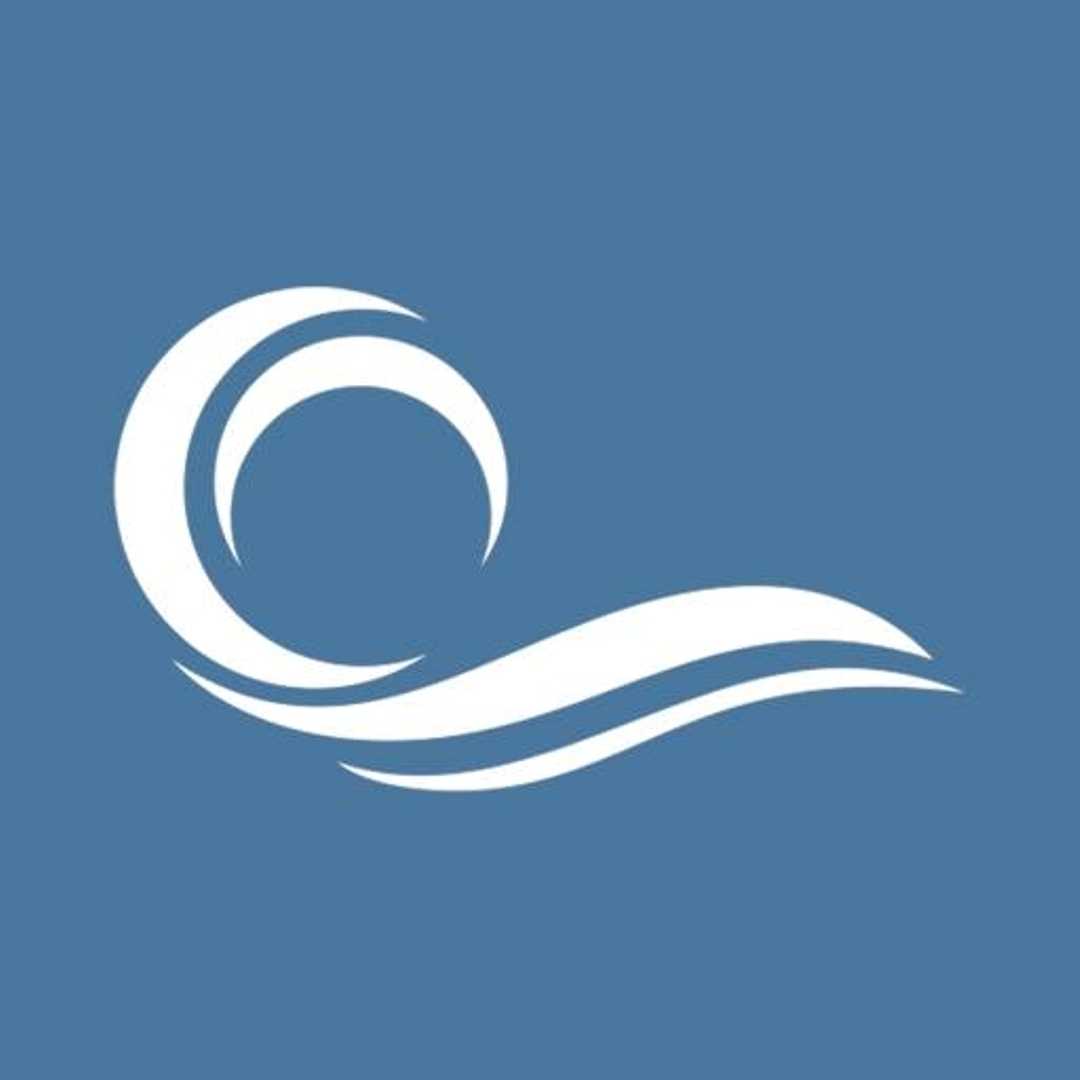
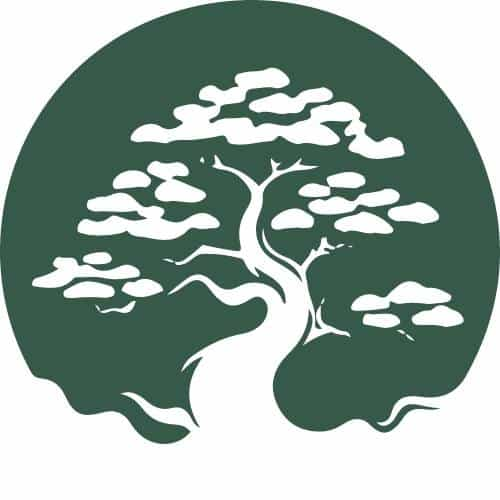
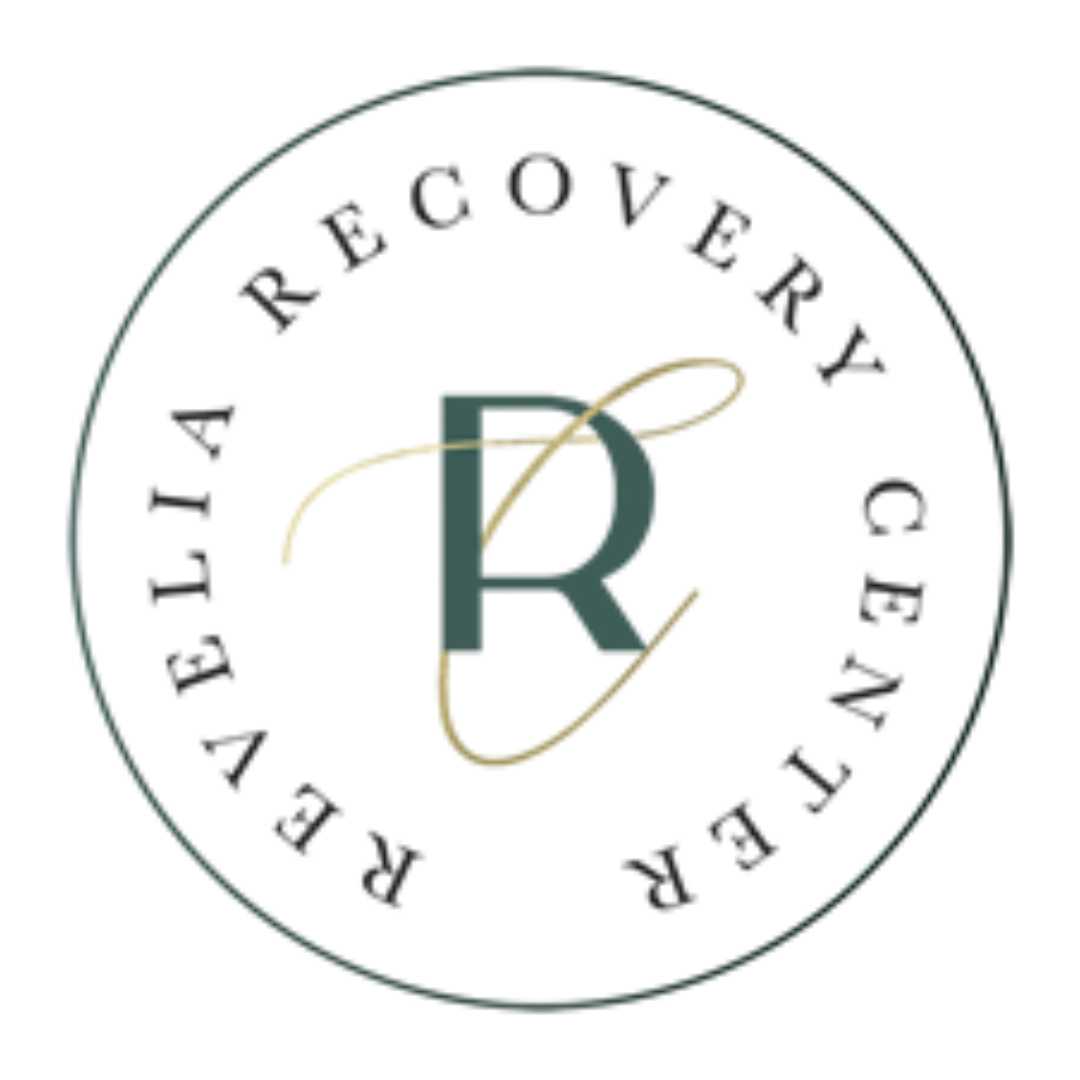
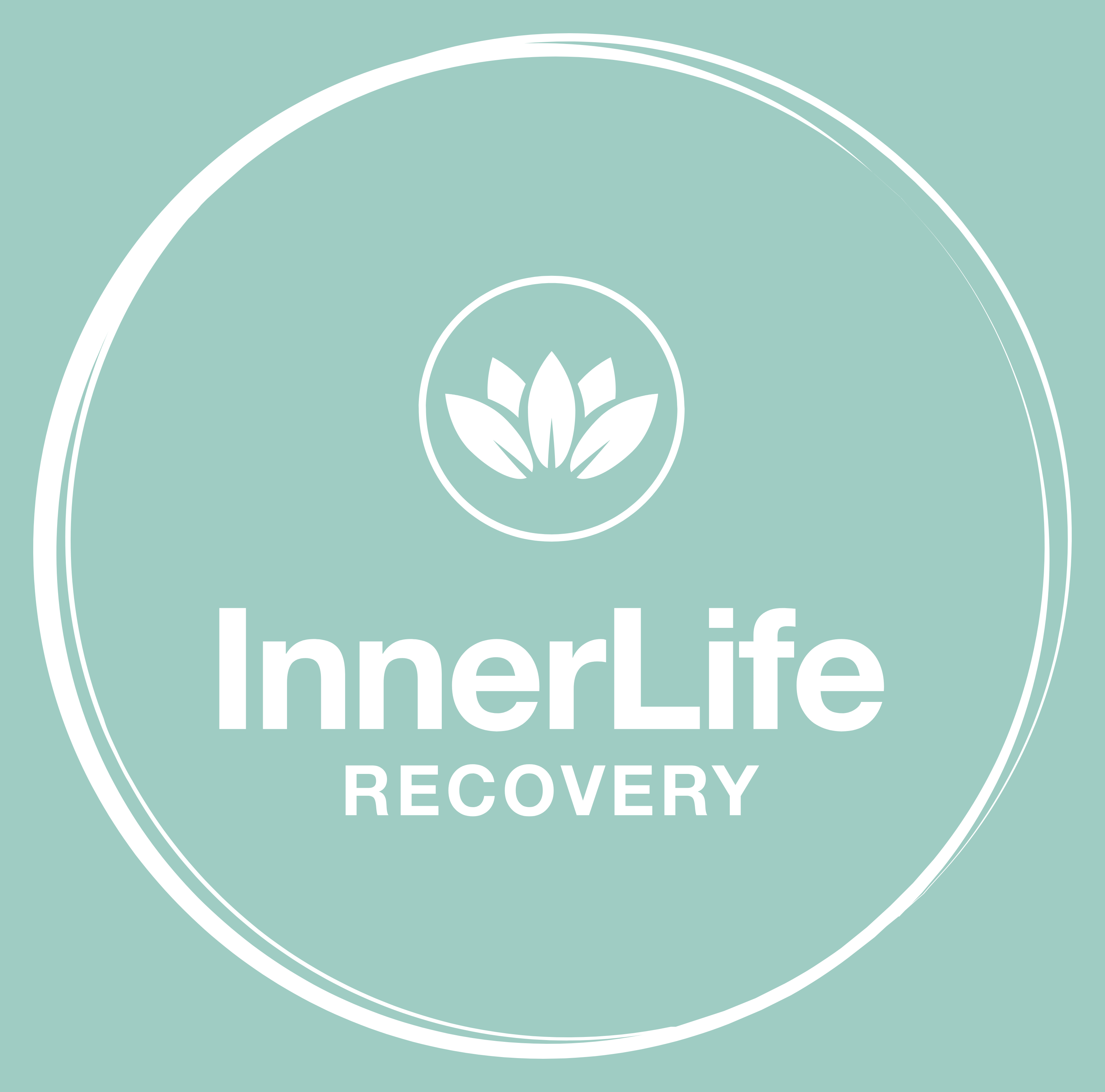

Share this listing